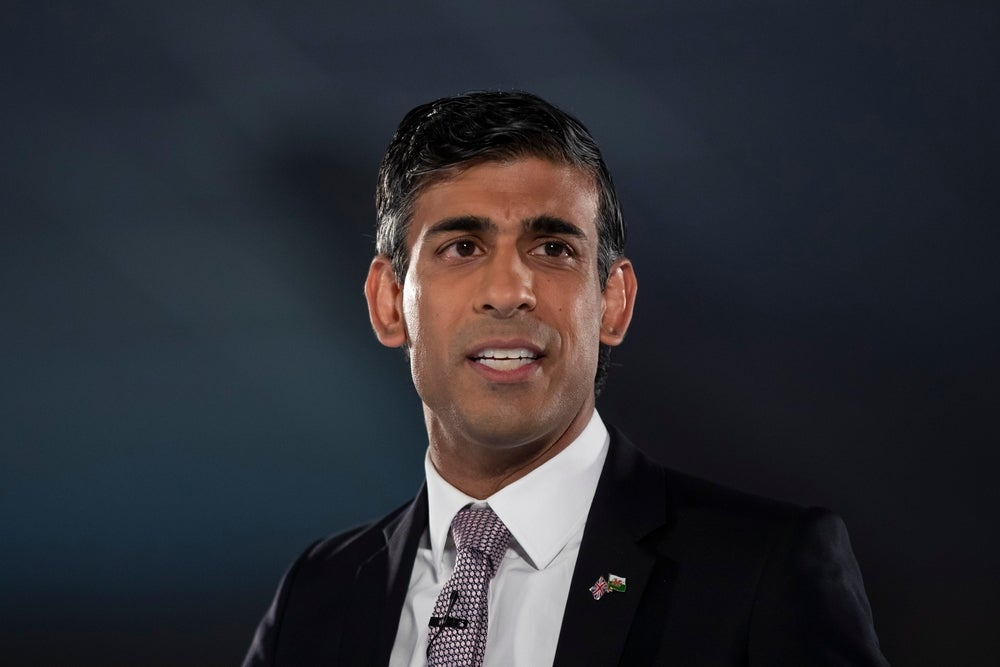
UK Prime Minister Rishi Sunak announced on Monday plans to approve hundreds of new North Sea oil and gas licences, sparking outrage from environmental groups.
The first licence will be issued this autumn, with at least 100 licences set for approval in the next round. The government has not said where exactly the licensed blocks will lie.
Sunak said in an interview with the BBC on Monday morning that the new oil and gas licenses are “key” to a “proportionate and pragmatic” transition to net zero and to the country’s energy security, citing Russia’s invasion of Ukraine and the subsequent global energy crisis as concerns. However, when pressed on how much Russian oil and gas the UK now consumes, Sunak conceded it is “very little”. Estimates put the proportion of Russian energy imports to the UK at approximately 3% in 2020.
According to a government statement, domestic gas production has around one-quarter of the carbon footprint of imported liquified natural gas, and as a result will “reduce emissions”. The claims come despite warnings from the International Energy Agency that the oil and gas industry must immediately “significantly” reduce its emissions footprint. Even without planned expansions, oil and gas operations alone account for 15% of global energy-related greenhouse gas emissions.
Asked about whether the UK’s net zero by 2050 target remains realistic, Sunak confirmed that “2050 is our target,” adding that the pledge to ban all new combustion engine cars by 2030 also still stands. The Prime Minister insists that oil and gas expansion is “entirely consistent with our plan to get to net zero”.
New oil and gas expansion a “death sentence”
Campaigners have criticised the announcement. “All the while our energy security and net-zero Minister Grant Shapps says that we need to max out our oil and gas reserves. It is a death sentence,” climate activist Tori Tsui told a climate festival in London.

US Tariffs are shifting - will you react or anticipate?
Don’t let policy changes catch you off guard. Stay proactive with real-time data and expert analysis.
By GlobalDataA Scottish Greens climate and energy spokesperson said that the decision is “utterly reckless,” adding that it will leave a “long and destructive legacy”. He warned that the announcement “shows a total disregard for our environment and for future generations. If these licences go ahead it will be a big leap towards climate chaos.”
There has also been condemnation on the continuation of plans to approve the Rose Bank project, which would see one of the largest reserves of fossil fuels in the North Sea drilled. An official decision has not yet been announced for Rosebank, because of concerns that the emissions produced from it will be impossible to align with net-zero targets.
When asked on Monday whether the project would be approved, Sunak said: “What I’d say is that – entirely consistent with transitioning to net zero – that we use the energy that we’ve got here at home because we’re going to need it for decades.” The project would see up to 500 million barrels of oil extracted over its lifetime. Campaigners, scientists and government officials have all voiced opposition to its approval.
With the oil and gas licensing announcement came further details on funding for carbon capture and storage (CCS) projects in the UK. Sunak confirmed that the Acorn CCS project in Scotland will be allocated state funding after controversially being put on a waiting list. While some environmental groups argue that CCS is an ineffective excuse for the oil and gas industry to continue polluting, scientists have tentatively welcomed the decision to increase funding.



